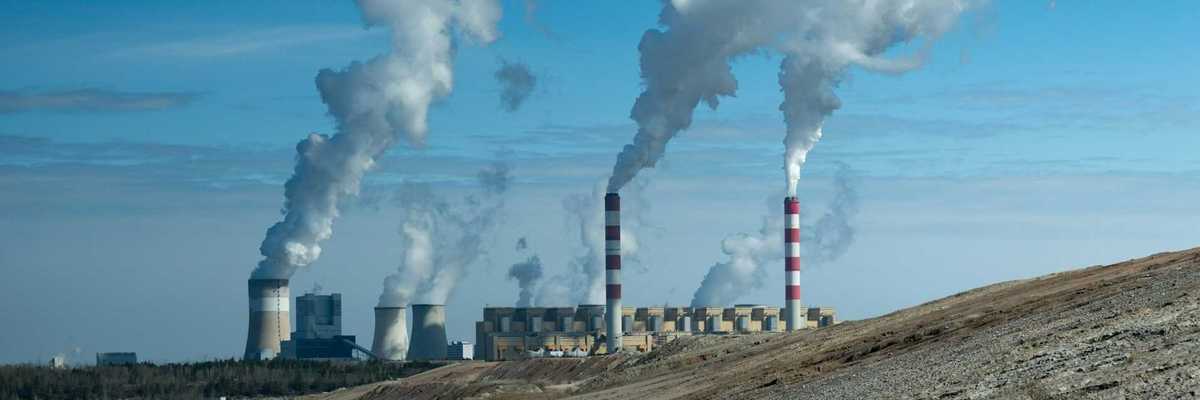saltwater intrusion
Rising sea levels threaten women's reproductive health in Bangladesh
Women in Bangladesh are suffering severe health impacts from saltwater intrusion, a consequence of climate change that could soon affect other parts of the world.
Zoya Teirstein and Mahadi Al Hasnat report for Grist, Vox, and The 19th.
In short:
- Saltwater intrusion in Bangladesh is causing reproductive health issues, including irregular menstrual cycles and infections, particularly affecting women.
- The rise in sea levels, intensified by climate change, is pushing saline water inland, contaminating drinking water supplies and driving migration from rural areas to cities.
- Similar threats from rising sea levels and saltwater intrusion are emerging globally, affecting countries like Egypt, Vietnam, and the U.S.
Key quote:
“The people are trapped. When you don’t have water to drink, how do you live?”
— Zion Bodrud-Doza, researcher at the University of Guelph.
Why this matters:
As sea levels rise, saltwater intrusion into freshwater supplies is a growing global health crisis, especially impacting women's reproductive health and driving mass migrations. Read more: Of water and fever.
New evidence shows rapid melting of Antarctica's Thwaites Glacier
Scientists have found that the glacier is melting at an alarming rate due to warm seawater intrusions.
In short:
- The Thwaites Glacier, also known as the "Doomsday Glacier," is experiencing significant melting, fueled by warm seawater.
- Thwaites' melting could lead to a 2-foot sea-level rise, potentially triggering further ice loss and a total rise of up to 10 feet.
- The study indicates the glacier is more susceptible to warming oceans than previously thought, necessitating updated sea-level rise projections.
Key quote:
"Thwaites is the most unstable place in the Antarctic and contains the equivalent of 60 centimeters (two feet) of sea-level rise."
— Christine Dow, University of Waterloo
Why this matters:
The accelerated melting of Thwaites Glacier poses a dire threat to coastal communities worldwide, highlighting the urgent need for climate action to mitigate further warming and sea-level rise. Read more: Scientists probe ancient history of the East Antarctic Ice Sheet and find unsettling news about sea level rise.
Rising sea levels pose new challenges for southern US coasts
A rapid increase in sea levels across the southern U.S. is compelling coastal communities to adapt to unprecedented environmental changes.
Chris Mooney, Brady Dennis, Kevin Crowe, and John Muyskens report for The Washington Post.
In short:
- Tide gauges from Texas to North Carolina show a sea level rise of at least 6 inches since 2010, mirroring the previous half-century's rise.
- The region faces multiple secondary effects, such as failing septic systems and higher insurance rates, alongside increased flooding.
- Local efforts to adapt are underway, including infrastructure enhancements and federal funding initiatives to mitigate future risks.
Key quote:
“Storm water flooding is getting worse and is unsustainable. Almost all our systems are gravity fed, and they were built out a long time ago.”
— Renee Collini, director of the Community Resilience Center at the Water Institute
Why this matters:
Persistent, inexorable sea level rise challenges existing infrastructure and increases risks by, among other things, contaminating water supplies and limiting access to essential services. Read more: Severe flooding increasingly cutting people off from health care.
The Marshall Islands aren’t giving in to sea level rise
Defending the Tijuana estuary
Sinking US cities already face ‘real impacts’ as subsidence poses risk to buildings and roads
‘Hotspots of sinking land intersect directly with population and infrastructure hubs,’ researchers warn.
Salt patches, a product of rising seas, are spreading rapidly on the Chesapeake’s Eastern Shore
Climate change is claiming farmland at “an alarmingly high rate” in one of the Mid-Atlantic’s most productive agricultural regions, inflicting tens of millions of dollars in economic damage, of scientists says in a new study.









